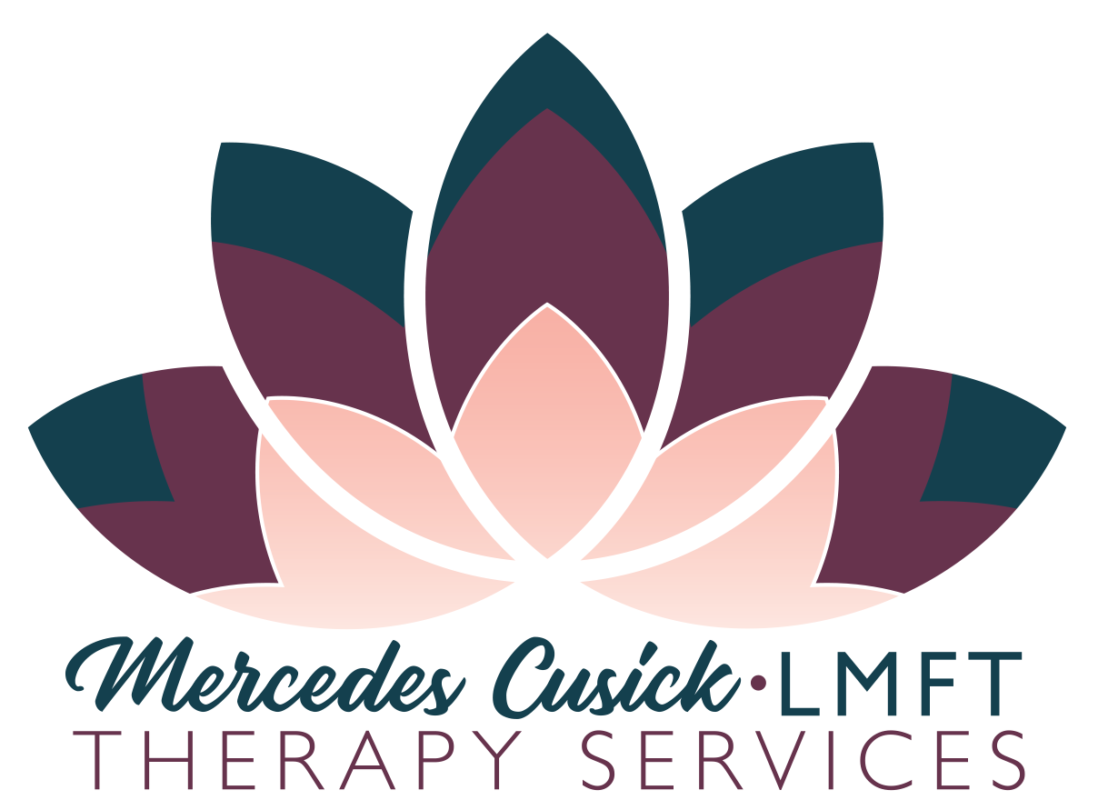Narcissistic abuse can trap you in a shadowy world, where the line between reality and manipulation blurs. This blog post lights the way to understanding, healing, and reclaiming your life from the effects of narcissistic abuse.
Recognizing the Signs of Narcissistic Abuse
Recognizing the signs of narcissistic abuse is the first pivotal step towards healing. Often subtle and insidious, these signs include chronic manipulation, gaslighting, and emotional invalidation. Victims may feel perpetually undermined, leading to a decline in self-esteem and an increasing sense of unreality. Understanding these patterns is crucial; it marks the beginning of reclaiming control over your life.
Narcissistic abuse often creates a fog that obscures your memories and feelings. You might question the validity of your emotions and experiences, a direct result of gaslighting. This manipulation tactic undermines your sense of reality, making it harder to trust your judgment. Knowing these signs is not just about recognizing abuse but also about acknowledging its impact on your mental health.
Understanding the Impact of Narcissistic Abuse
The impact of narcissistic abuse extends far beyond the immediate emotional pain. It can infiltrate every aspect of your life, affecting your ability to trust, your self-esteem, and even your relationships with others. Survivors might find themselves battling anxiety, depression, or PTSD, long after the abuse has ended. Understanding this impact is vital, as it underscores the importance of seeking help and working towards recovery.
The psychological toll of narcissistic abuse can manifest in physical health issues, from chronic stress to sleep disturbances. The pervasive sense of worthlessness instilled by the abuser can lead survivors to neglect their health, exacerbating these problems. Recognizing these effects is the first step towards holistic healing, which includes both mental and physical health.
The Journey Towards Healing: First Steps
The journey towards healing from narcissistic abuse begins with acknowledging the abuse and its impact on your life. This acknowledgment is a brave and crucial step towards recovery. It involves facing the reality of the situation, separating from the abuser’s narrative, and starting to process your experiences. Surrounding yourself with a supportive community and seeking professional help can provide the validation and understanding necessary to move forward.
Building a Support System and Seeking Professional Help
Building a strong support system is integral to healing from narcissistic abuse. This system can include friends, family, support groups, and mental health professionals who understand the nuances of this type of abuse. Seeking professional help, particularly from therapists experienced in dealing with narcissistic abuse, can offer insights and coping strategies that are crucial for recovery. Many resources are available to help survivors build this support system and navigate their healing journey.
Reclaiming Your Identity and Strength
Reclaiming your identity and strength after surviving narcissistic abuse is possibly the most empowering step of your journey. It’s about rediscovering who you are, apart from the manipulation and control of the abuser. This process involves setting boundaries, pursuing passions, and reaffirm_Bing your self-worth. Every step taken towards healing and rediscovery is a testament to your resilience and strength.
A New Dawn: Beyond the Shadows of Narcissistic Abuse
As you journey through healing from narcissistic abuse, remember that recovery is not just about moving past the pain, but about rediscovering and rebuilding yourself. It’s about turning your test into a testimony, your mess into a message. The shadows cast by narcissistic abuse are long, but your ability to overcome them and shine even brighter is infinite. Your story doesn’t end here; it begins anew, with every step you take towards healing.
About the Author:
I am Mercedes Cusick, LMFT, a certified EMDR trauma therapist specializing in EMDR intensives. I am dedicated to addressing trauma-related challenges and improving mental health outcomes. My commitment to trauma therapy is driven by its significant therapeutic effects, particularly for individuals grappling with complex trauma, PTSD, toxic relationships, and narcissistic abuse.
Serving a diverse community with dedication and empathy, I am proud to support individuals in the Los Angeles area, specifically in Woodland Hills, Calabasas, Agoura, Hidden Hills, West Hills, Northridge, Winnetka, Tarzana, Studio City, Sherman Oaks, Malibu, and Beverly Hills. Together, we can journey toward healing and resilience.


